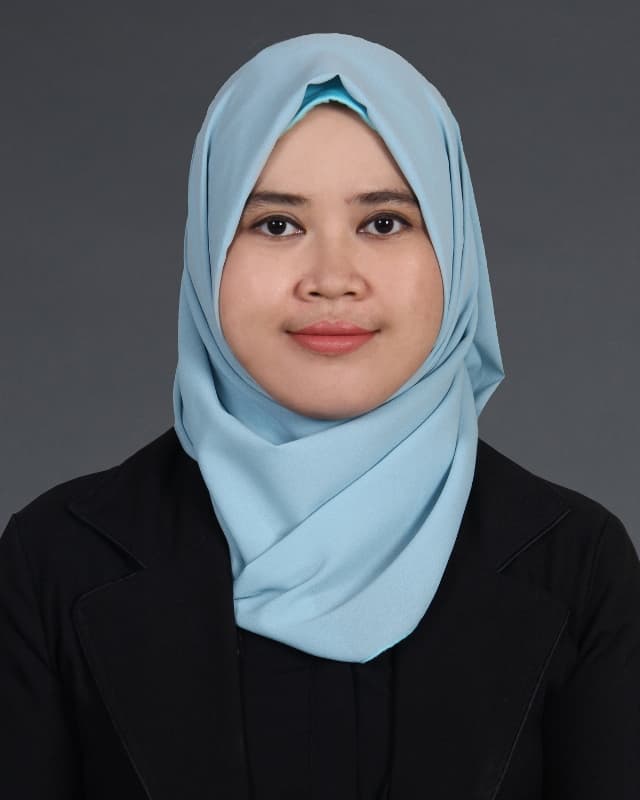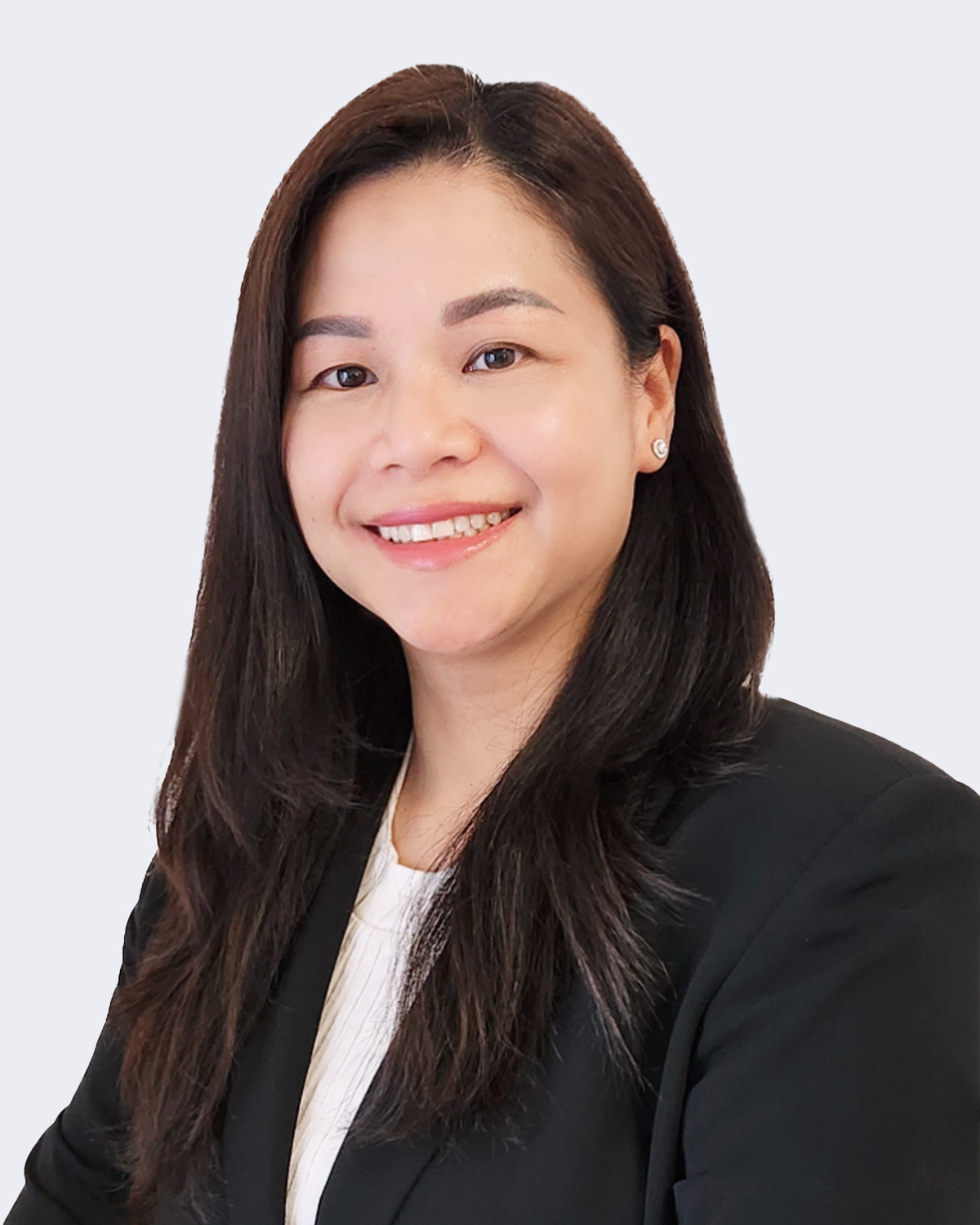
Effective healthcare depends on innovation, and companies operating in the healthcare sector—including pharmaceutical and medical device producers and distributors—are usually eager to educate health professionals about their products and services so that they are up to date on the latest industry knowledge and skills. Often, this can involve providing sponsorships for health professionals to attend relevant events, such as seminars and workshops.
While they want to encourage this form of education, healthcare companies also need to ensure that these sponsorships are compliant with local laws and regulations in each jurisdiction where they are offered. In Indonesia, the requirements in this area have historically been vague, but this has changed with the introduction of a new regulation in late 2016 that clearly sets out the compliance requirements for sponsorships of health professionals.
Background
Under Indonesia’s Regulation of Health Minister No. 14 of 2014 concerning Gratification Control in the Ministry of Health (Regulation 14), marketing-or product research-related sponsorships fall into the category of “gratification which is considered as bribery,” if they are offered to employees of the Ministry of Health. Gratification is one of the criminal acts of corruption, according to Articles 12B and 12C of the Indonesian Anti-Corruption Law No. 20 of 2001, as part of the government’s objective to ensure that government officials are free from corruption, collusion, and nepotism.
The wording of Regulation 14, together with the Anti-Corruption Law, would appear to treat sponsorships as a form of bribery when they are provided to government employees, while leaving nongovernment employees uncovered by the regulation. To clarify this, the Indonesian government and the Medical Professional Association decided that an effective system of controls for sponsorships of both government and nongovernment health professionals was required. The objective of this system would be to allow for sponsorships of health professionals, while putting in place clear measures to ensure that the sponsorships will not affect their ability to provide independent healthcare services.
New Regulation
To meet this objective, on November 29, 2016, the Indonesian Ministry of Health enacted Regulation No. 58 of 2016 concerning sponsorships for health professionals (Regulation 58) to specify the appropriate provisions and limitations for these types of sponsorships. Under this regulation, a “health professional” has been defined as “any person who dedicates themselves in the field of health and has knowledge and/or skill through education in the field of health”. This definition makes it clear that Regulation 58 applies to both governmental and nongovernmental health professionals working in any segment of the industry.
The purpose of Regulation 58 is to ensure that sponsorships, when provided, will not affect the independence of health professionals in providing health care services. For example, sponsorships should not affect the writing of prescriptions or encourage the use of related products of a sponsoring company. To this end, Regulation 58 stipulates that a sponsorship may be granted to health professionals who are government employees, nongovernment employees, or solo practicing health professionals, provided that the sponsorship must:
- Not affect their independence in providing healthcare services.
- Not be in the form of cash or cash equivalents (i.e., bank checks).
- Not be granted directly to the individual—rather, it should be provided through the institution at which the health professional is employed.
- Be related to the health professional’s areas of expertise.
- Be granted publicly with accountability and transparency.
A sponsorship for a health professional who is an employee of an institution (whether governmental or nongovernmental) must be granted through their institution by assignment and must be in accordance with their expertise. The institution must announce publicly the health professionals who received the sponsorship. A sponsorship for those in solo practice is exempted from this requirement, and may be granted in accordance with their expertise with no public announcement required.
In addition to sponsorships being granted to health professionals, a sponsorship may also be granted to an institution, an organization of a healthcare facility, or a professional association. These three forms of sponsorship can be used for organizing seminars, scientific or educational meetings, and trainings.
Regulation 58 goes on to stipulate the details of sponsorships granted to health professionals who intend to attend an event as a participant, speaker, or moderator. For a participant, the sponsorship can include the registration fee, travel tickets, or travel accommodations. For a speaker or moderator, the sponsorship can include the registration fee, travel tickets, travel accommodations, or honorarium. The amount of sponsorship received by a health professional as a participant, speaker, or moderator must be in accordance with the unit cost of the actual expenses incurred by the association or company that is providing the sponsorship.
Reporting and Penalties
Providers or recipients of the sponsorships must report the sponsorship to Indonesia’s Corruption Eradication Commission (Indonesian: Komisi Pemberantasan Korupsi, KPK) no later than 30 days after receiving the sponsorship. Reporting received sponsorships will exempt the recipients and the sponsors from potential criminal sanctions for gratification under the Anti-Corruption Law.
Monitoring of the implementation of Regulation 58 will be conducted by the Minister of Health and local officials (governors, regents, or mayors) in accordance with their respective duties and authorities. Any health professional who violates this regulation may be subject to administrative sanctions, such as verbal or written warnings, and/or revocation of their licenses. Criminal sanctions for inappropriate sponsorships that are deemed to be gratification under the Anti-Corruption Law include imprisonment of one to five years or a fine of IDR 50 million (approximately USD 3,750) to IDR 250 million (approximately USD 18,750).
With the enactment of Regulation 58, companies now have clarity on the procedures for sponsoring activities of both government and nongovernment health professionals. It is expected that this regulation will help to improve the professional development of health professionals, without compromising their ability to independently provide healthcare services to the public.

